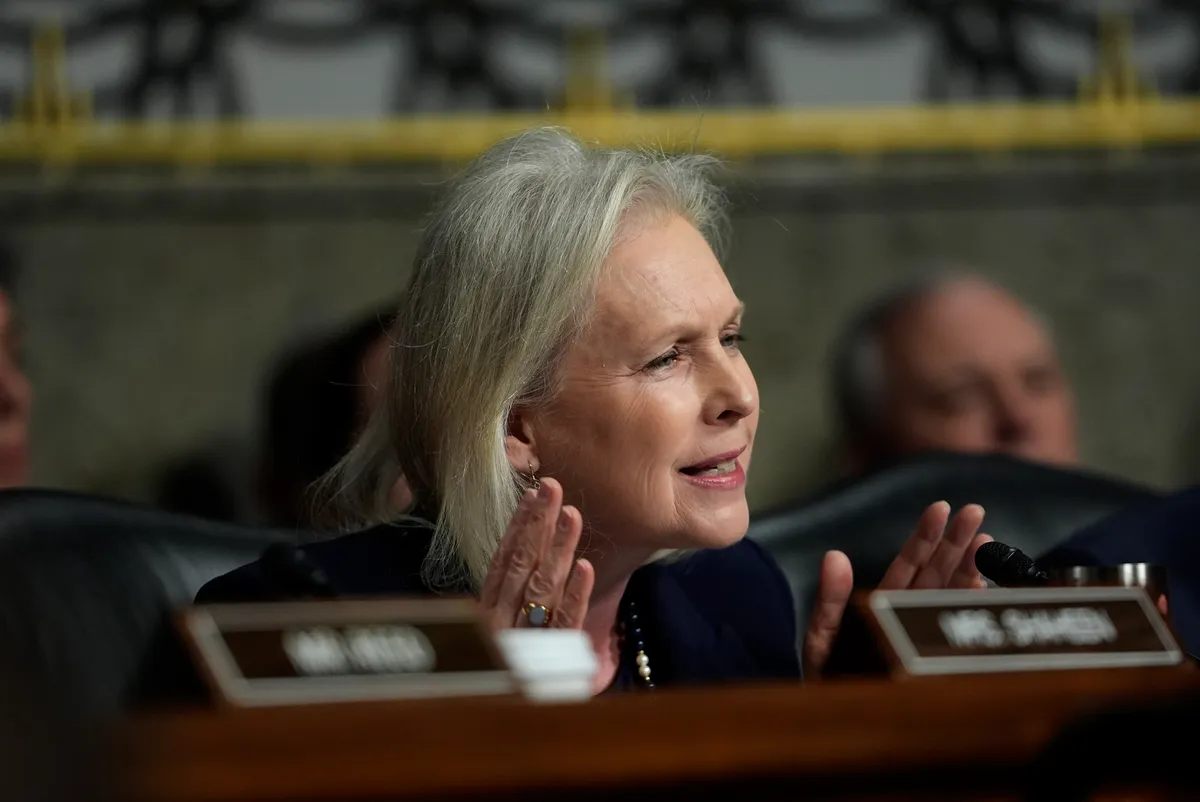The Social Security Administration (SSA) has announced its decision to close a key hearings office in White Plains, New York, when its lease expires on May 31, 2025. This move comes as part of a broader effort by Elon Musk and President Trump to terminate thousands of government leases across the country, a decision that has sparked controversy among federal employees, unions, and policymakers.
The White Plains Office of Hearing Operations (OHO) plays a critical role in the administration of disability benefits, handling over 2,000 cases annually and currently managing a backlog of 2,000 pending cases. However, instead of relocating the office or securing a successor location, the SSA plans to reassign employees to other offices across the tri-state area—a decision that raises significant concerns about accessibility, efficiency, and the impact on vulnerable populations.
Elon Musk’s Push to Reduce Federal Leases
The decision to close the White Plains OHO comes amid reports that Musk and the Trump administration have directed the General Services Administration (GSA) to terminate all 7,500 government leases nationwide. The SSA alone accounts for around 1,300 of these leases, covering a wide range of facilities, including field offices, hearing offices, teleservice centers, and other administrative buildings.
While the administration argues that reducing office space is a cost-cutting measure that aligns with the shift toward virtual services, critics argue that these closures could severely impact accessibility for people who rely on in-person services, especially elderly and disabled individuals.
Union Concerns: “How Do You Not Replace a Busy Hearing Office?”
Union leaders and elected officials have expressed frustration over the lack of a clear plan to replace the White Plains office or provide an adequate alternative for both employees and claimants.
Rich Couture, president of the American Federation of Government Employees (AFGE) Council 215, which represents hearing office workers, questioned the rationale behind the decision:
“How do you take a very busy urban New York-area hearing office and not replace it?”
Couture pointed out that relocating employees to other offices in New York, New Jersey, and Connecticut would create significant challenges.
“The commute for claimants and employees alike would be far more difficult—Albany is two hours north, and then there are New York City-proper offices, but it’s hard to commute into the city.”
The closure would force individuals who rely on SSA services to travel anywhere between 24 and 135 miles to the nearest SSA offices, which are located in:
New York City
Albany, NY
New Jersey
Connecticut
Senator Gillibrand Demands Answers
The decision has also caught the attention of Senator Kirsten Gillibrand (D-N.Y.), who sent a formal letter to Acting Social Security Commissioner Michelle King on Friday. In the letter, she demanded information on how the closure would impact disability hearing wait times and the ability of Americans to continue receiving Social Security services.
Gillibrand highlighted the hardships the closure would impose on beneficiaries:
“If SSA does not open an alternative site, beneficiaries will be required to travel between 24 and 135 miles to be serviced by the closest offices in New York City, Albany, New Jersey, and Connecticut.”
She further pointed out that transportation costs and travel times would significantly increase, creating an additional burden on already vulnerable populations who depend on SSA hearings to receive disability benefits.
The Broader Trend: SSA Lease Terminations Across the U.S.
The closure of the White Plains OHO is not an isolated case.
According to Couture, the SSA has already terminated at least two other leases for satellite hearing offices in SSA Regions 4 and 5, which cover:
The South
The Great Lakes Region
These closures signal a larger pattern of SSA downsizing its physical footprint, even as the Trump administration pushes to end telework across government agencies.
Couture pointed out the contradiction in the administration’s approach:
“The agency might say, ‘We’re closing those because 90% of hearings are virtual now,’ but that argument undermines the return-to-office mandate.”
In other words, if the majority of disability hearings are now conducted virtually, it makes sense to reduce physical office space. However, at the same time, forcing employees back into offices full-time contradicts the justification for these closures.
What This Means for SSA Offices Nationwide
Couture warned that if the SSA follows through with its lease termination strategy, other SSA field offices, branch offices, and resident stations could also be at risk of closure.
“If they do this with no successor space and they do this to the permanent remote sites, then you’re very likely going to see this happen with field offices, branch offices, and resident stations out there that could also close.”
This could create severe disruptions for:
Individuals applying for disability benefits
Elderly citizens who rely on in-person SSA services
SSA employees who may face relocation or job displacement
Potential Alternatives and Solutions
Many experts believe that rather than closing offices outright, the SSA should explore alternative solutions that balance cost-saving measures with public accessibility.
Some potential alternatives include:
Hybrid Service Models – Keeping smaller, more efficient physical offices while expanding virtual services to accommodate the shift in demand.
Strategic Office Relocations – Moving offices to more accessible locations rather than shutting them down entirely.
Mobile SSA Services – Establishing mobile Social Security units to service areas where physical offices have been closed.
Improved Virtual Infrastructure – Ensuring that online SSA services are accessible, user-friendly, and available to all applicants, including those with limited technological access.
What Happens Next?
As the SSA moves forward with its office closures, federal employees, union representatives, and lawmakers are likely to push back against the decision.
Senator Gillibrand has already demanded transparency, and it’s possible that Congress may step in to block or delay the closures, especially if the public raises concerns about accessibility issues.
For now, SSA beneficiaries and employees in White Plains and beyond will have to brace for major changes—changes that could reshape the way Americans access Social Security benefits and disability hearings for years to come.
Disclaimer – Our editorial team has thoroughly fact-checked this article to ensure its accuracy and eliminate any potential misinformation. We are dedicated to upholding the highest standards of integrity in our content.



























+ There are no comments
Add yours